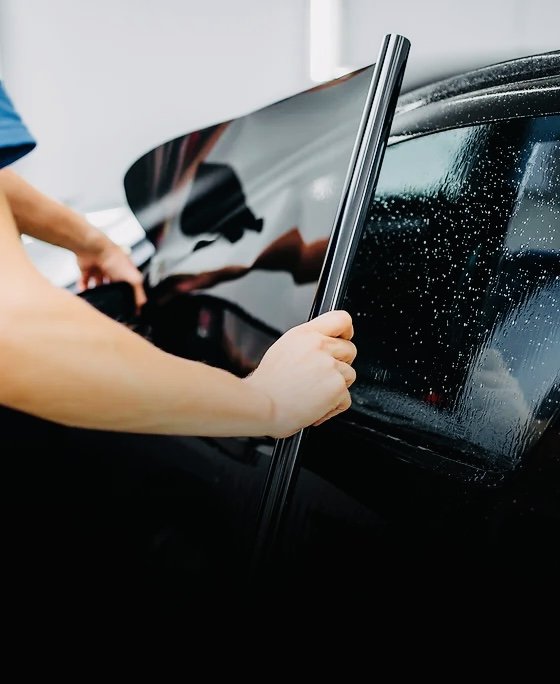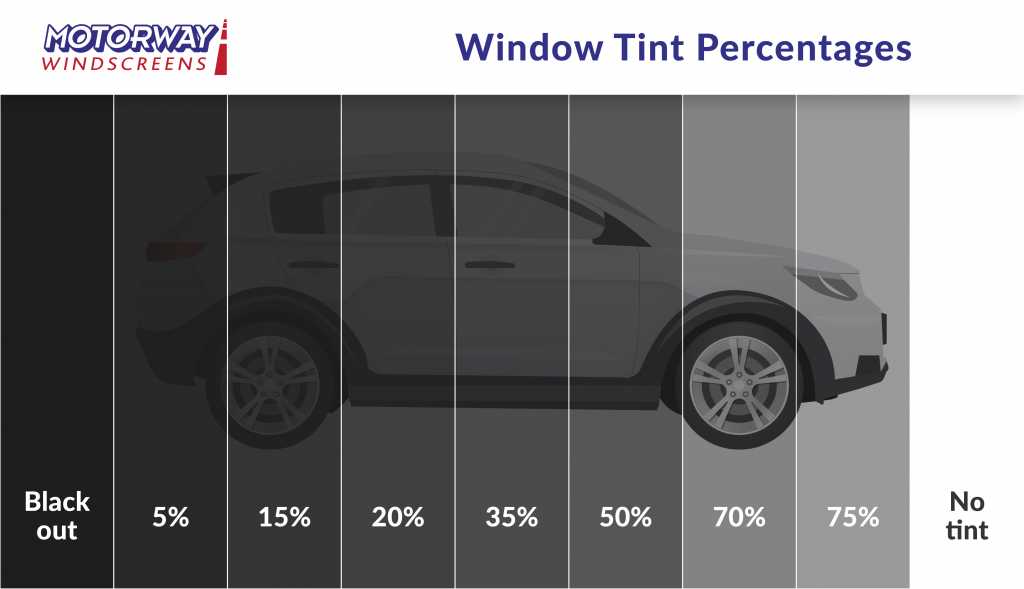How Window Tinting Enhances Your Car's Appearance and Protects Its Interior
How Window Tinting Enhances Your Car's Appearance and Protects Its Interior
Blog Article
Home Window Tinting Rules: What You Need to Know Before Tinting Your Cars And Truck
Understanding home window tinting legislations is necessary for any kind of vehicle proprietor thinking about tinting their vehicle. As you consider improving your car's appearance and functionality, it is vital to grasp not only the lawful ramifications but additionally the practical considerations that come with picking the best color.
Significance of Understanding Tint Regulations
Recognizing window tinting laws is important for car owners to guarantee conformity with state laws. These legislations dictate the allowable levels of tint darkness and reflectivity, which can considerably differ from one territory to one more. Stopping working to comply with these laws can cause fines, obligatory elimination of the color, and potential complications during lorry assessments.
In addition, comprehending these legislations helps car owners make educated choices regarding their tinting options. Various sorts of home window films supply various advantages, such as UV security, warm denial, and glare reduction. Without understanding of the lawful restrictions, car proprietors take the chance of picking items that may inevitably lead to legal concerns.
Furthermore, awareness of tinting legislations promotes a safer driving setting. window tinting. Excessively dark tints can harm visibility, raising the threat of crashes, particularly during the night or in unfavorable climate condition. Police additionally use these policies to ensure road safety and security, making compliance not just a personal obligation however a lawful commitment
State-Specific Tint Regulations
Each state in the united state has actually established its very own certain policies regarding window tinting, reflecting a varied variety of requirements and standards. These policies can differ significantly, impacting how automobile proprietors come close to installment and compliance. Some states allow darker colors on rear home windows while enforcing rigorous restrictions on front-side windows.
Additionally, laws frequently define permitted color materials and colors. Particular states ban reflective colors entirely, while others may allow them to a minimal degree. Additionally, some jurisdictions mandate that automobiles with colored home windows show a sticker showing compliance with state regulations, offering a clear identification for regulation enforcement.
Enforcement of these laws additionally differs; some states are extra positive, performing arbitrary checks, while others depend on complaints or noticeable violations to start enforcement. Vehicle proprietors need to know that failure to follow state-specific tint guidelines can bring about penalties, required removal of illegal tints, or both.

Lawful Tint Percentages
Determining the lawful tint percents is vital for car owners looking for to adhere to state regulations. Each state has details legislations regulating just how much light should go through the windows of a car, which is expressed as a percentage understood as Noticeable Light Transmission (VLT) This percent differs considerably across states and can depend on the sort of window-- front side, rear side, and windshield.
For example, some states allow just 20% VLT on front side windows, while others might permit approximately 50%. Windshield tinting is typically a lot more restricted, with lots of territories enabling just a narrow band of color on top of the windshield. In comparison, back home windows commonly have much more lax laws, with some states permitting darker colors.
It is essential for automobile proprietors to familiarize themselves with their local laws to avoid potential legal concerns. This consists check my blog of understanding how VLT is gauged, as it can vary based on the sort of window movie made use of. Staying notified about these regulations makes sure compliance and advertises safe driving conditions for both the car click here for info owner and others on the roadway.
Repercussions of Non-Compliance
Stopping working to stick to window tinting legislations can cause considerable consequences for lorry owners. The most instant repercussion is the potential for traffic stops and citations from police. Officers educated to identify prohibited color levels may issue fines, which can differ by jurisdiction yet typically vary from modest to considerable amounts. Repeated infractions might lead to increased charges, including higher penalties or added factors on a chauffeur's permit.

Insurance policy firms may likewise enforce penalties for non-compliance, as prohibited adjustments can be considered as a breach of policy terms. This can affect coverage prices or bring about complications in insurance claims if an event takes place.
Ultimately, the consequences of non-compliance prolong past immediate punitive damages; they can influence a vehicle driver's insurance rates, legal standing, and overall vehicle value, stressing the significance of sticking to regional home window tinting laws.
Tips for Deciding On Tinting Options
When selecting home window tinting alternatives,Recognizing the implications of non-compliance highlights the value of making notified options. Firstly, acquaint on your own with your state's particular laws regarding color darkness and reflectivity. Each state has unique regulations that dictate the permissible limits, so ensure you stay within these guidelines to prevent penalties.
Second of all, consider the sort of color product. Choices include dyed, metalized, and ceramic tints, each offering differing degrees of warm denial, UV security, and sturdiness. As an example, ceramic tints offer superior heat resistance without disrupting digital devices, making them a popular selection.
Furthermore, examine your key purpose for tinting. If you look for enhanced privacy, go with darker colors; go to my blog however, remember that this may impact presence at night. On the other hand, if glare reduction and UV protection are your primary worries, lighter tints may be sufficient.
Finally, speak with a specialist installer who is experienced regarding neighborhood laws and can suggest premium materials fit to your requirements (window tinting). Taking these variables right into account will guarantee you make an educated choice, inevitably enhancing both your car's looks and capability
Conclusion
To conclude, knowledge with window tinting laws is essential prior to using color to a car. Each state imposes specific regulations regarding visible light transmission percentages, particularly for front-side home windows and windshields. Non-compliance can cause considerable penalties, consisting of penalties and compulsory elimination of non-conforming tint. By understanding lawful demands and picking ideal color materials, car owners can achieve aesthetic enhancement while continuing to be certified with pertinent legislations. Adherence to these guidelines ensures both safety and security and satisfaction.
Understanding home window tinting laws is essential for any type of vehicle owner taking into consideration tinting their automobile.Recognizing window tinting laws is crucial for automobile proprietors to guarantee conformity with state laws. Some states enable darker colors on rear home windows while imposing stringent restrictions on front-side windows.
In contrast, rear home windows usually have more tolerant regulations, with some states permitting darker tints. (window tinting)
In final thought, knowledge with window tinting regulations is vital prior to using color to a vehicle.
Report this page